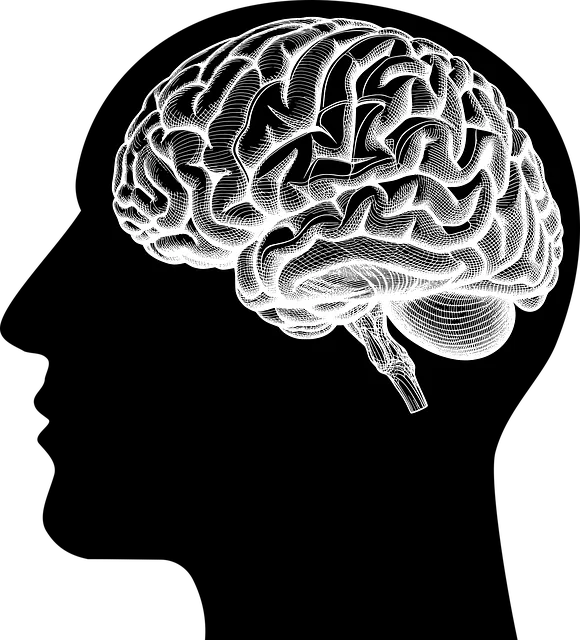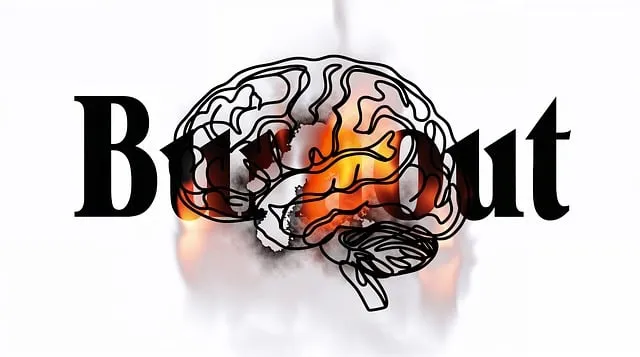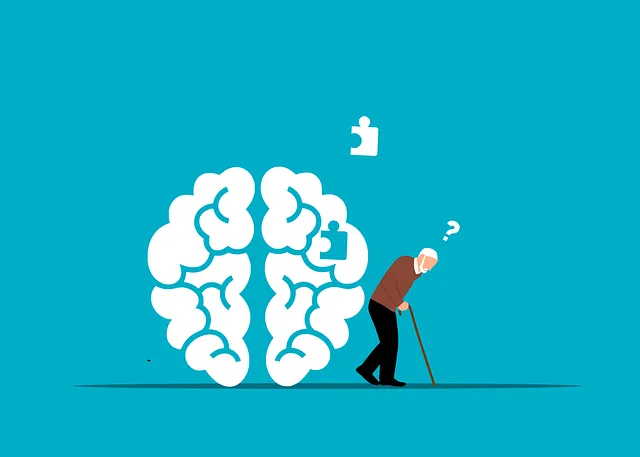Golden's Kaiser healthcare facility has Crisis Intervention Teams (CITs) offering immediate crisis support, emotional healing, and stress management workshops. These teams de-escalate high-pressure situations and connect individuals to long-term mental health resources. Kaiser's holistic CIT program includes evidence-based practices and coaching for prevention and early intervention. Training emphasizes self-care, crisis communication, de-escalation, and suicide prevention, fostering a culture of mental wellness within the organization and community.
In today’s complex social landscape, crisis intervention team (CIT) training programs are essential for fostering effective community support. This article explores the critical role of CITs in managing psychological crises and delves into the strategies employed by organizations like Kaiser in providing comprehensive mental health services. We examine the key components of successful crisis training, including Golden’s unique approach, while highlighting both the benefits and challenges of implementation. Understanding these aspects is crucial for improving community resilience and access to mental healthcare.
- Understanding Crisis Intervention Teams
- The Role of Mental Health Services
- Kaiser's Approach to Training Programs
- Components of Effective Crisis Training
- Benefits and Challenges in Implementation
Understanding Crisis Intervention Teams

Crisis Intervention Teams (CITs) are specialized groups within organizations designed to provide immediate and effective support during times of crisis or distress. These teams typically consist of trained staff members who can offer a range of services, including emotional healing processes, communication strategies, and stress management workshops. CITs aim to intervene promptly, ensuring that individuals in need receive the necessary assistance swiftly. By integrating these teams into organizations like Kaiser, which offers mental health services, there’s a significant impact on employee well-being and overall productivity.
The role of a CIT is multifaceted; they can de-escalate high-pressure situations, offer short-term counseling, and connect individuals to longer-term support systems. In the context of Golden, where Kaiser provides mental health services, these teams play a crucial part in fostering an environment that prioritizes employee mental health. Through regular training sessions and ongoing education, CIT members enhance their skills in handling crises effectively, ensuring that everyone, from patients to staff, receives the care they need for emotional healing processes.
The Role of Mental Health Services

Mental Health Services play a pivotal role in Crisis Intervention Team (CIT) training programs. Golden does Kaiser have mental health services? Absolutely. These services are integral to equipping CIT members with the skills needed to effectively respond to and de-escalate crisis situations involving individuals experiencing mental health challenges.
Beyond providing direct care, Kaiser’s mental health services offer valuable resources such as Stress Management Workshops, organization-wide Mental Wellness Journaling Exercises, and comprehensive Communication Strategies Guidance. These initiatives support not only CIT members but the broader community, fostering an environment where crisis intervention is both informed and compassionate.
Kaiser's Approach to Training Programs

Kaiser’s approach to training programs emphasizes a holistic view of mental health and wellness. Their comprehensive crisis intervention team (CIT) training goes beyond traditional emergency response by integrating mental wellness coaching programs. These programs focus on both prevention and early intervention, aiming to reduce the impact of mental illness stigma and promote proactive support within communities.
By combining evidence-based practices with innovative development strategies, Kaiser ensures their CIT members are equipped to handle a wide range of crises, including those related to depression and other mental health concerns. This approach not only benefits individuals in immediate need but also fosters a culture of mental wellness throughout the organization and the wider community, highlighting Kaiser’s commitment to addressing mental health services head-on.
Components of Effective Crisis Training

Effective crisis intervention team training programs incorporate several key components to ensure preparedness and skill development. One of the foundational elements is mental health policy analysis and advocacy, which equips participants with knowledge about existing resources and guidelines, fostering a culture of understanding and support within the team. This includes recognizing the importance of self-care routine development for better mental health, ensuring that team members are equipped to manage their own wellness while assisting others.
Additionally, these programs emphasize practical skills such as crisis communication, de-escalation techniques, and suicide prevention strategies. Training should involve interactive scenarios, role-playing exercises, and group discussions to enhance learning retention and encourage a collaborative problem-solving approach. By integrating mental wellness coaching programs development into the curriculum, participants gain tools to not only handle acute crises but also to promote long-term mental health and resilience within their communities, including understanding how Kaiser’s mental health services can be leveraged effectively.
Benefits and Challenges in Implementation

Crisis intervention team training programs play a pivotal role in equipping organizations with tools to address mental health issues effectively. These initiatives, such as those offered by Kaiser, have shown significant benefits. One of the key advantages is improved access to mental health services within various workplaces, including settings where Golden does Kaiser provide support. This proactive approach not only enhances employee well-being but also fosters a culture of care and resilience. By training crisis intervention teams, organizations can create a safety net for individuals facing distress, potentially preventing more severe outcomes.
Despite these advantages, implementation challenges exist. Effectively integrating mental health resources into existing work structures requires careful planning and consideration. For instance, ensuring confidentiality and privacy during discussions can be delicate, especially in close-knit workplaces. Additionally, training must go beyond basic crisis intervention to incorporate strategies for mood management, empathy building, and resilience enhancing—all crucial aspects for comprehensive support. Balancing these elements while tailoring programs to diverse organizational needs is an ongoing challenge that requires continuous evaluation and adaptation.
Crisis intervention team (CIT) training programs, such as Kaiser’s approach, play a pivotal role in equipping individuals with the skills to navigate and de-escalate high-stress situations. By integrating these programs into organizations, especially those with mental health services like Kaiser, we can foster safer environments and improve crisis management. Effective CIT training focuses on empathy, communication, and evidence-based strategies, ensuring teams are prepared to handle a range of crises. While implementation brings benefits such as enhanced community safety and improved patient outcomes, challenges like resource allocation and consistent training quality highlight the need for continuous evaluation and support. Understanding these components is crucial in maximizing the impact of CIT programs and ensuring a more responsive and compassionate approach to crisis intervention.






